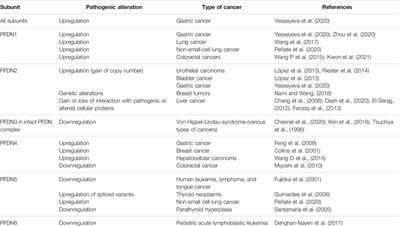EDITORIAL
Published on 06 Feb 2023
Editorial: Protein homeostasis in growth, development and disease
doi 10.3389/fcell.2023.1150158
- 987 views
8,000
Total downloads
30k
Total views and downloads
You will be redirected to our submission process.
EDITORIAL
Published on 06 Feb 2023
ORIGINAL RESEARCH
Published on 13 Oct 2022
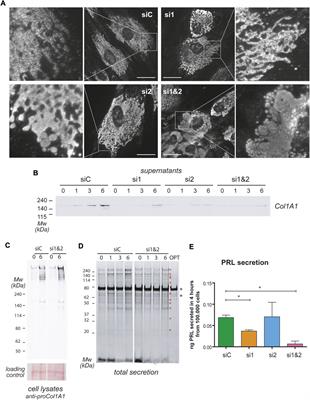
ORIGINAL RESEARCH
Published on 29 Aug 2022
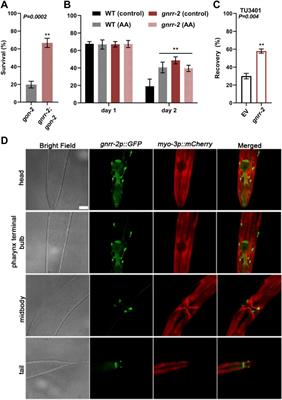
ORIGINAL RESEARCH
Published on 22 Aug 2022
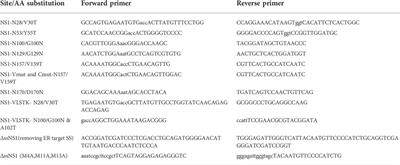
REVIEW
Published on 22 Jul 2022
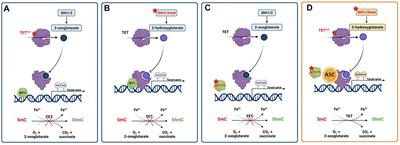
MINI REVIEW
Published on 13 Jul 2022
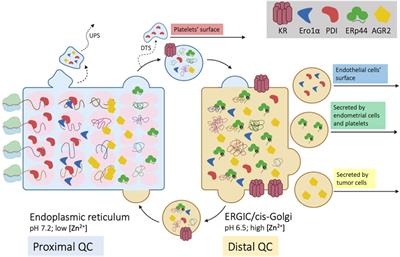
ORIGINAL RESEARCH
Published on 06 Jun 2022

MINI REVIEW
Published on 16 May 2022

REVIEW
Published on 05 May 2022

REVIEW
Published on 17 Jan 2022
